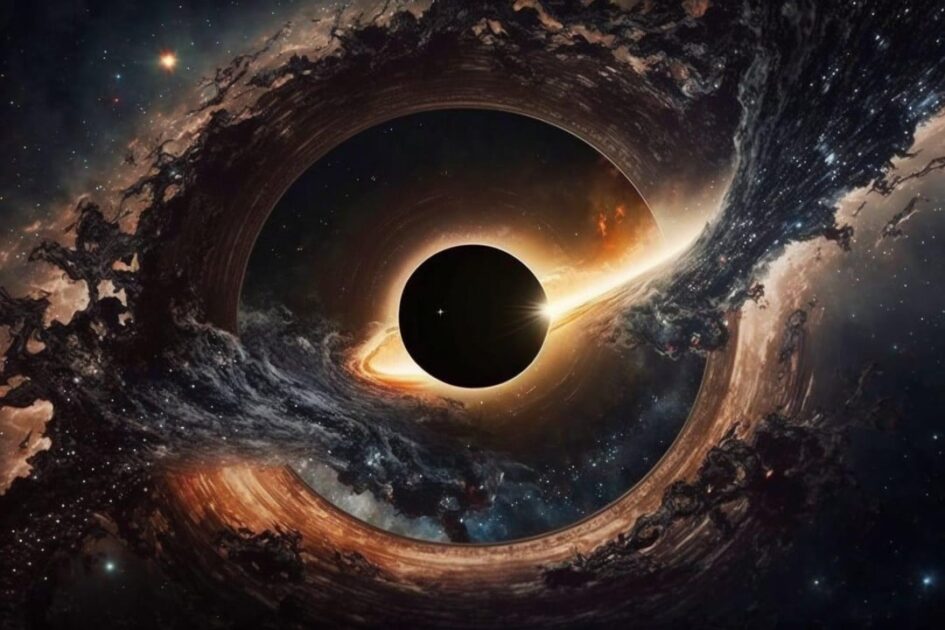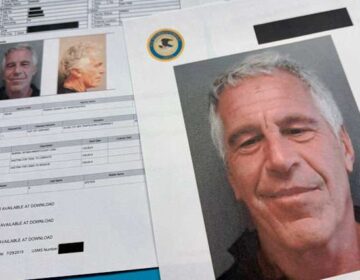Physicists believe such an explosion could occur within the next decade, potentially “revolutionizing physics and rewriting the history of the universe.”
Physicists have long thought that black holes end their lives in rare explosions that occur, at most, once every 100,000 years. New research in Physical Review Letters from University of Massachusetts Amherst physicists points to a different outlook. The team estimates a probability greater than 90% that one such explosion could be observed within the next decade.
If observers prepare in advance, today’s space and ground observatories should be able to capture the event.
Such a blast would strongly support the existence of a theorized but never directly observed kind of black hole called a “primordial black hole,” which may have formed less than a second after the Big Bang 13.8 billion years ago.
The explosion could also deliver a definitive inventory of all subatomic particles. That list would include known particles such as electrons, quarks, and Higgs bosons, proposed particles like dark matter candidates, and anything else that is currently unknown to science. With such a catalog, researchers could finally tackle one of humanity’s oldest questions: where did everything come from?
Understanding Black Holes
We know that black holes exist, and we have a good understanding of their life cycle: an old, large star runs out of fuel, implodes in a massively powerful supernova, and leaves behind an area of spacetime with such intense gravity that nothing, not even light, can escape. These black holes are incredibly heavy and are essentially stable.
Read more







